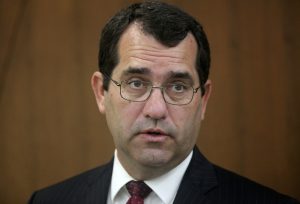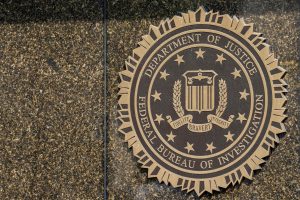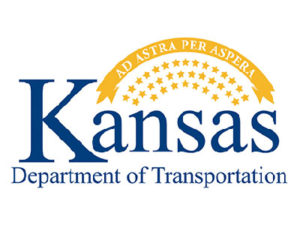AG Derek Schmidt recommends Legislature enact law during special session to regulate contact tracing

Office of the Kansas Attorney General
TOPEKA – (June 1, 2020) – The Legislature should enact a law governing COVID-19 contact tracing to provide a legal framework for the protection of personal information and civil liberties, Kansas Attorney General Derek Schmidt has recommended.
“While contact tracing is a familiar tool to the public health community, the anticipated scope of expansion of the practice during the COVID-19 pandemic is certain to present challenging legal issues not addressed by current Kansas law,” Schmidt wrote last week to bipartisan legislative leaders and the governor. “Already, concerns have been raised about whether and how cellphone location data may be used to track the movements of Kansans, [a]nd major global data companies have announced they are developing technologies specifically to enable automated contact tracing through individuals’ cellphones. At least one lawsuit has been filed and resolved when the local government involved agreed to change its low-tech data-collection practices. All of this is occurring without even a basic statutory architecture to guide development and deployment of the practice and management of the sensitive personal information collected.”
Contact tracing, which is the practice of public health officials identifying persons with whom an infected individual has had contact, is considered by many public health officials key to enabling a safe reopening and economic recovery. It is used to identify new outbreaks of the virus and contain them before they can spread widely. Contact tracing is well-accepted in the public health community, but the absence of law governing the practice causes unease for many Kansans.
“Much of this is unplowed legal ground, and I recognize that the relatively short time available [during the special session] will not allow development of a thoughtful, comprehensive contact-tracing statute,” Schmidt wrote. “More thorough study in an interim committee or during the next regular legislative session no doubt will be advisable. But perhaps crafting a simple, basic framework to guide development of the practice at least through the remainder of this year is possible and advisable.”
The attorney general said he will work with other state leaders on a bill draft if there is legislative interest in acting on the subject during the special session. He said a bill should address basic questions such as:
- Is participation voluntary or mandatory?
- Will contact information remain private and confidential?
- May cellphone location data be used?
- What data may be collected?
- Who is authorized to collect, possess or access the collected data?
- For what purposes may collected data be used?
- How long may collected data be retained by the government?
A copy of the attorney general’s letter to legislative leaders and the governor is available at https://bit.ly/3cpf974.









